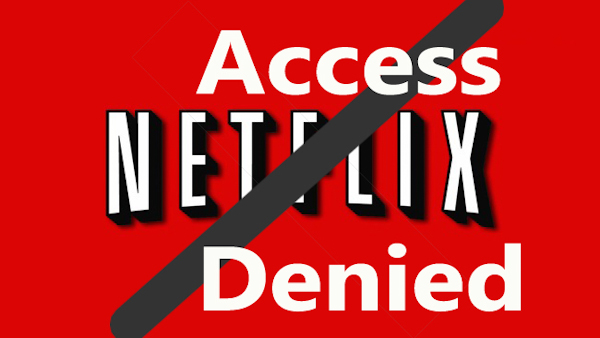Photo by: Henoc Kivuye
Gone are the days when all web content received equal treatment. A federal Appeals Court has done away with net neutrality, the key principle behind Internet service providers treating all websites, online content and platforms equally.
The Jan. 14 ruling in the U.S. Court of Appeals for the D.C. Circuit struck down the Federal Communication Commission’s regulations regarding net neutrality, saying that the FCC overstepped their authority. With net neutrality no longer in existence, many fear Internet service providers, or ISPs, will start charging for certain websites that receive more traffic or use more bandwidth.
Andy Harbert, an associate professor of computer science at Oklahoma Christian University, said he sees net neutrality as important, but it shouldn’t be up to the government to protect.
“Ideally we would let the marketplace take care of this, so that if one ISP was to start trying to charge premium rates for certain content then customers of that ISP could choose to go to a different one that was more neutral with respect to content,” Harbert said. “I think that would be preferable to a lot of intense government regulation, yet only if we have an environment that would allow that to happen.”
Although net neutrality is gone, Mitch Aufiero, a junior information systems major, doesn’t believe it’s a bad thing. He said the market will change in ways that will benefit the consumer.
“I think that as ISPs evolve over time, I think there will be said benefits for each ISP,” Aufiero said. “So maybe this ISP charges more for this, but they have faster streaming and they have more bandwidth dedicated to that service, whether it be Netflix or whatever website it is. I honestly don’t think net neutrality should be law.”
With net neutrality gone, some fear video-streaming websites like Netflix will take the most heat. Netflix, which is estimated to use one-third of domestic bandwidth, could be discriminated against by ISPs charging Netflix more in order to allow their customers higher video-streaming speeds. However, the fee charged to Netflix could now shift to the consumer.
“I think [Netflix’s] position right now is probably almost daring an ISP to try to charge a premium rate for their service,” Harbert said. “I don’t know how successful they will be at that, but I would hope that if we have an environment where customers are educated and consumers are aware of the issues that they could apply some pressure to make an ISP more neutral.”
While Netflix has the money and power to pay or challenge ISPs, other websites may not. Smaller websites without the monetary girth necessary to pay ISPs could feel a larger impact.
“I’m worried about the effect it will have on smalltime websites like Imgur and Reddit – the websites with low overhead and staff,” senior John Dodson said. “Netflix can afford to pay the upcharge for speed, but those small websites with a lot of traffic but not a lot of capital could get in trouble.”
At the end of the day it is the consumer’s money that is paying for Internet service and supporting a website. Aufiero said consumers hold enough power to persuade ISPs to do the right thing.
“Really the power is where the money is and the money is with the people who are paying the ISPs for their service,” Aufiero said. “If the ISP charges a ridiculous amount of money for a certain website, then those customers of that ISP will leave and go find another one.”
Harbert agreed, but stipulated the consumer needs to become more proactive.
“I think the ISPs are gambling that consumers won’t be able to pressure them, and I think they would probably have some reason to believe that,” Harbert said.
If consumers let ISPs become like television providers, it could potentially set a negative standard.
“If you look at the state of cable TV today, I think almost no one likes it the way it is with the bewildering array of different packages and content,” Harbert said. “You pay money for a package, 90 percent of which you are not interested in, yet they are able to function in that business environment and consumers are willing to put up with it. So it may be they’re expecting the Internet consumer will be similar. I think that remains to be seen.”
Another issue that could arise with net neutrality gone is that ISPs could become gatekeepers. ISPs would then dictate what websites to which the consumer has access. Potentially, ISPs could block controversial sites like PirateBay.org or censor websites the ISP deems inflammatory or unsuitable.
Dodson sees a possible infringement of free speech.
“I definitely think long term the Internet could shift away from being something that everyone owns to just the opinions of some elites,” Dodson said. “I think that is one of the good things now, is there’s just infinite ways to express yourself and your opinions. Eventually, if it continues in this path – that won’t be the case.”
Consumers can change the industry. It’s in the consumer’s power to protect the Internet through legislation.
“Well, I don’t know how much good the online petitions do, but we definitely need to be talking to our legislators,” Dodson said. “The main thing would be to let our legislators know that we are unhappy.”















Be First to Comment